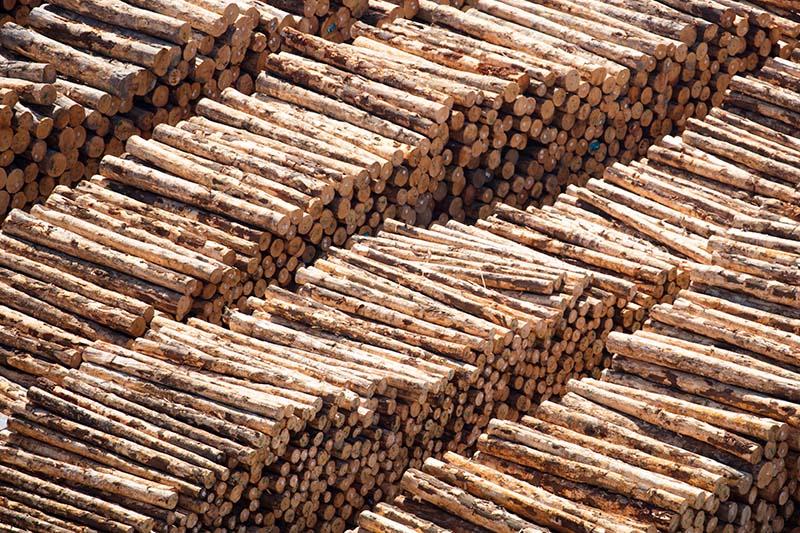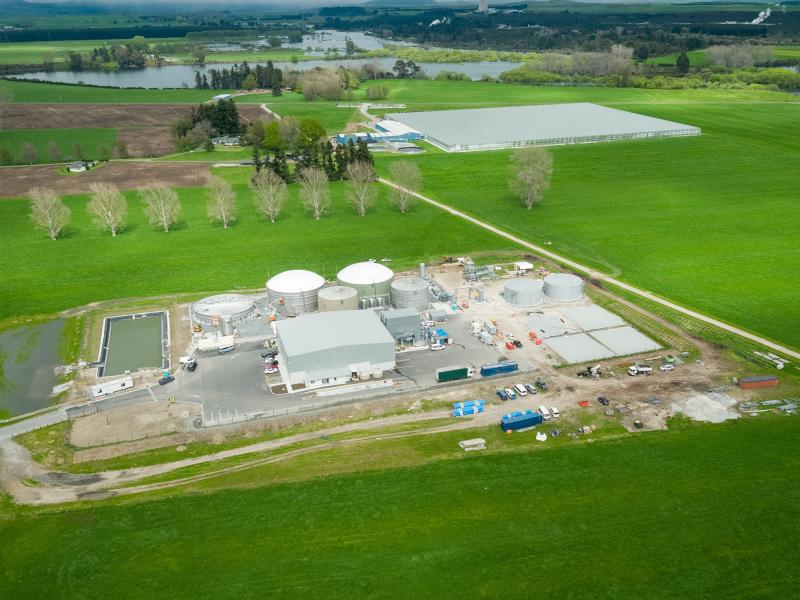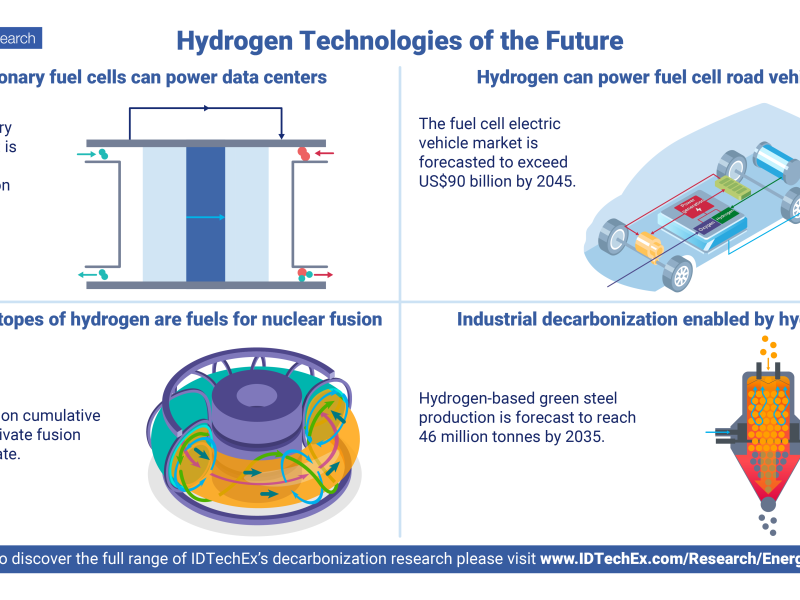35 years since New Zealand pledged to end the use of methyl bromide there is now a viable, safer and environmentally sustainable replacement for methyl bromide as a biosecurity treatment for timber and logs at New Zealand ports with the Environmental Protection Authority (EPA) allowing Ethanedinitrile (EDN) to be imported and used in New Zealand from today (Friday 22 July).
The EPA’s approval of EDN for use and import in New Zealand offers the first direct replacement to existing log fumigation treatments, most commonly methyl bromide. Methyl bromide is a prolific ozone depletor and extremely harmful to the health of fumigators and local communities. Used to control invasive quarantine pests found in timber and logs, EDN is already approved for use in Australia, South Korea, Malaysia, and Russia.
After a five year review process the Environmental Protection Authority found that “EDN is the most viable replacement for methyl bromide as a fumigant of logs and timber, and that this would confer significant benefits to New Zealand’s economy, society, and environment.” An EPA decision-making committee granted approval for EDN in April, but it has come into effect today after guidelines for safe use of EDN have been finalised.
In contrast to methyl bromide and other control options such as phosphine and debarking, the use of EDN has a net-zero environmental impact and is significantly more effective than these currently approved options. It is not an ozone depleting substance, is not a greenhouse gas, and does not bio-accumulate. Most importantly, EDN is better for the health and safety of fumigation workers and the surrounding communities.
Methyl bromide is a controlled substance under the Montreal Protocol and has been banned by many countries, including all 27 of the European Union’s Member States due to the harm it does to people and the environment. In 1987 New Zealand made a commitment to end the use of methyl bromide by 2005 but until now hasn’t been able to deliver on the commitment due to a lack of viable alternatives.
According to the most recent figures available New Zealand still uses around 600 tonnes of methyl bromide, the sixth-highest user globally. The EPA found that “the likely decrease in methyl bromide use as a consequence of approval of EDN would help New Zealand address its obligations to reduce ozone depleting substances under the Montreal Protocol”.
Responding to the news, Kade McConville Director of Draslovka Agricultural Solutions, said replacing methyl bromide with EDN will bring New Zealand’s quarantine treatment options into the 21st century.
“Today is a good day for the environment, port communities and the economy because it means New Zealand’s timber industry and ports can finally transition away from the use of a dangerous and environmentally unsustainable fumigant that has been increasingly banned across the rest of the world.
“EDN has been through a five year process to gain approval for use in New Zealand and has the most up to date and scientifically derived data set about its safety, effectiveness and environmental impact.
“Now there is a safer, viable and more environmentally sustainable replacement for methyl bromide, and it has been approved for import and use by the EPA, New Zealand can move at pace to make the switch to EDN, and fulfil the commitment made many years ago to stop the use of methyl bromide to protect the ozone layer.
“This decision will be welcomed by shareholders and investors in both port and forestry sectors as it will allow these companies to move away from the use of a widely recognised ozone depletor, particularly with the Government’s new climate change disclosure requirements.
“As noted by the NZ Forest Owners Association it is also a positive step for the resumption of New Zealand’s valuable log trade with India which has largely been suspended in recent years due the lack of an effective alternative for methyl bromide.
“The use of methyl bromide is embedded in the timber export industry, ports and timber fumigation companies. Now that EDN is approved, we will be engaging with the timber industry and ports where fumigation is undertaken to start the process of phasing in EDN. Most importantly, it is good news for the health and safety of fumigation workers and the surrounding communities who will no longer have to be exposed to methyl bromide.”
The full EPA decision can be found here: Approval for new export log fumigant takes effect.






